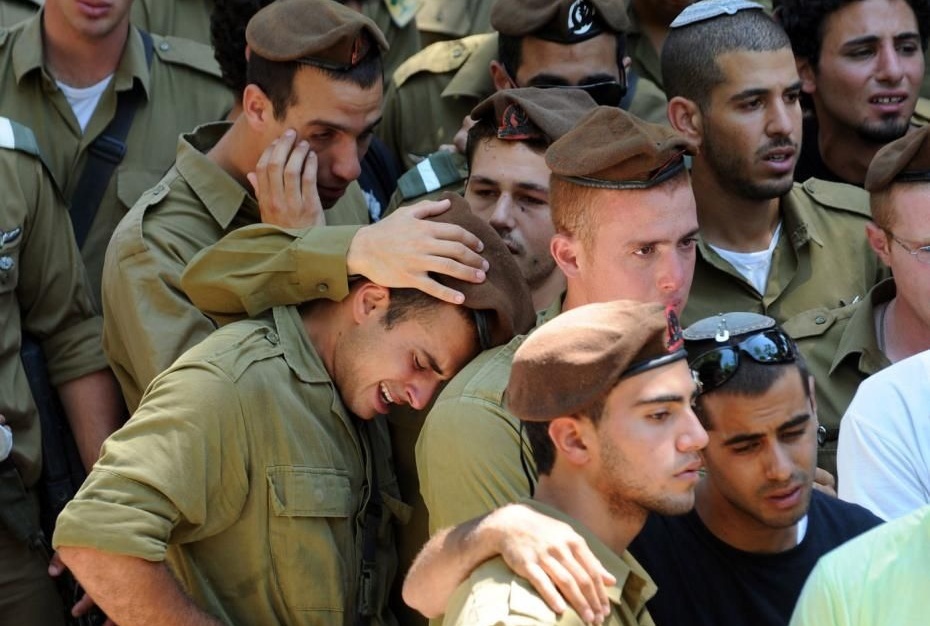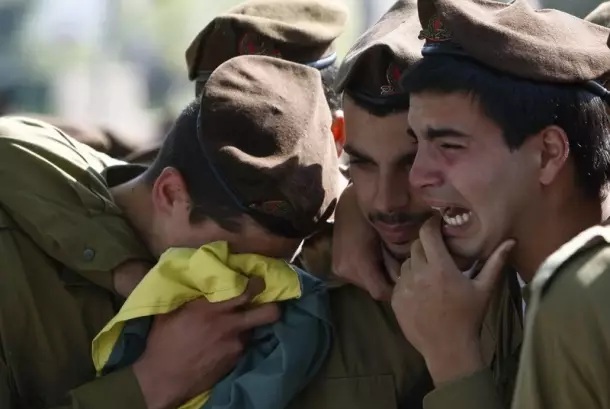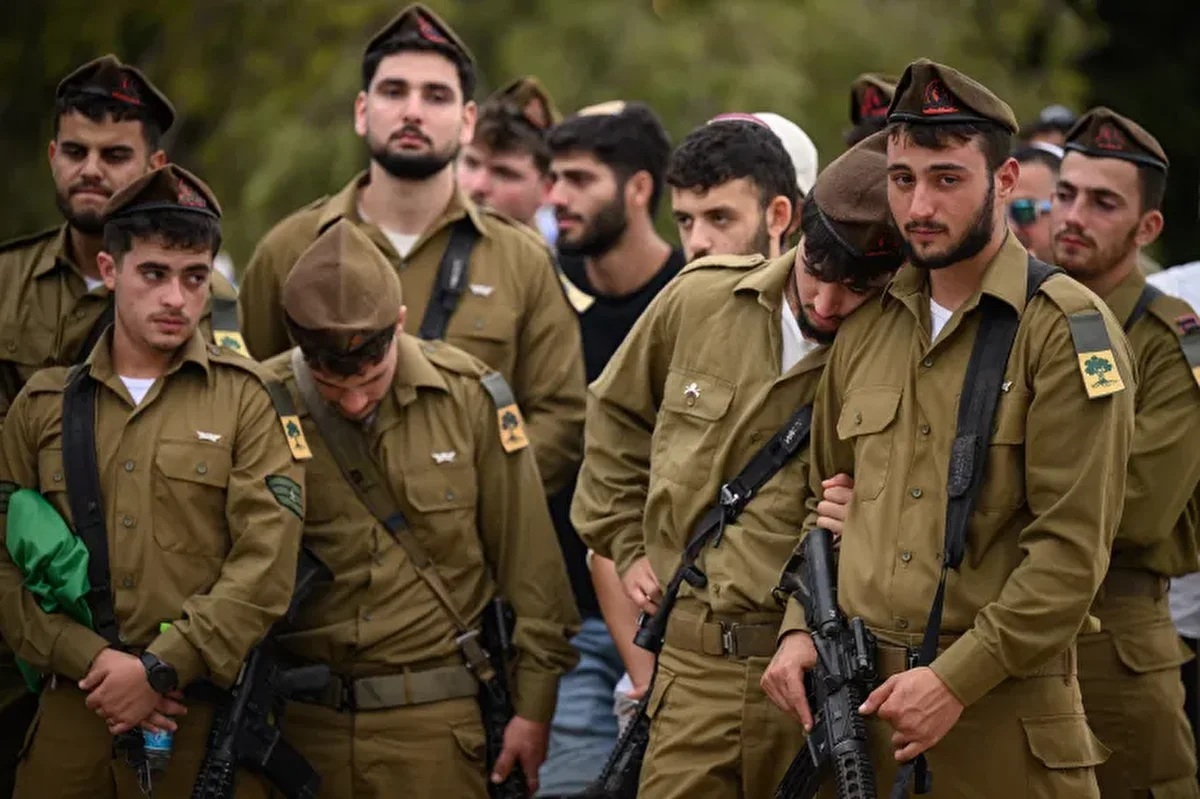Soldiers Fleeing War to Death
TEHRAN (Defapress) - As the Gaza war enters its tenth month, clear signs of a psychological crisis among the soldiers of the Zionist regime are emerging. One of the most telling indicators of this deepening crisis is the significant rise in suicide cases within the Israeli regime's army, a phenomenon many experts attribute directly to the unbearable psychological pressure, battlefield failures, and political disarray in this war.

Meanwhile, numerous and frequent statistics have been published regarding the increase in suicides among Zionist soldiers, which even Israeli media have not ignored. Accordingly, Hebrew sources and some independent Zionist media have reported in recent weeks that the suicide rate among Israeli soldiers in 2024 has risen compared to previous years.
Although the officials of the Zionist regime's army, despite the prolonged duration of the Gaza war, continue to avoid providing precise statistical details through media censorship and official narratives, the exposure of several suicides in combat units stationed in the south of the occupied territories has drawn public attention. These suicides are increasing as the Gaza war drags on.
Now, we are witnessing how the heavy shadow of the ongoing Gaza war has taken the greatest possible toll on the mental and emotional state of Zionist soldiers. Thus, it must be said that factors such as the war's attritional nature, the failure to achieve the declared objectives of Benjamin Netanyahu, the death and injury of thousands of soldiers, and the inability to retrieve prisoners have led to deep frustration among the troops.

On the other hand, we see that as the war in Gaza continues, soldiers who were deployed to the frontlines with promises of a "quick and decisive victory" now find themselves trapped in a quagmire of futile battles, heavy casualties, and extreme psychological pressure. All these factors have left the soldiers of the Zionist regime's army in their worst mental and psychological state, with the rise in suicides being one of its consequences.
Some former military psychologists from the Zionist regime's army, after extensive research and investigations in interviews with the regime's media, have admitted that many soldiers are suffering from post-traumatic stress disorder (PTSD) and, due to weaknesses in the army's mental health support system, have been left without proper care. This has led to untreated soldiers, burdened with trauma and forced to remain in the Gaza war against their will, resorting to suicide.
Another reason for the increase in suicides among Zionist soldiers is the crisis of purpose and the loss of mission identity. Currently, we are seeing how a sense of futility regarding the military mission in Gaza has become a major reason for suicides among the soldiers of the Zionist regime's army. This has placed "Benjamin Netanyahu," the prime minister of the Zionist regime, and its army under immense pressure to end the Gaza war.

Another critical and sensitive issue is that many young Israeli soldiers who joined the Zionist regime's army with nationalist slogans are now facing horrific human scenes in the Gaza Strip, leading to moral and humanitarian conflicts. This has intensified identity crises and depression among a significant portion of them.
However, while official institutions of the regime attempt to conceal the reality, social media and testimonies from victims' families have exposed this crisis. In some posts, families have shared suicide notes or final audio messages of their deceased soldiers, speaking out about the army's failure to provide psychological support.
Ultimately, the rise in suicides among Zionist soldiers is just one sign of the multi-layered failure of the Zionist regime in the Gaza war. This war has not only shaken the regime's internal security but has also led to the collapse of its army's psychological and moral cohesion. Moreover, a war that was supposed to symbolize strength has now become a mirror reflecting the structural and human weaknesses of an army that has been defeated both on the battlefield and in the minds of its soldiers.
